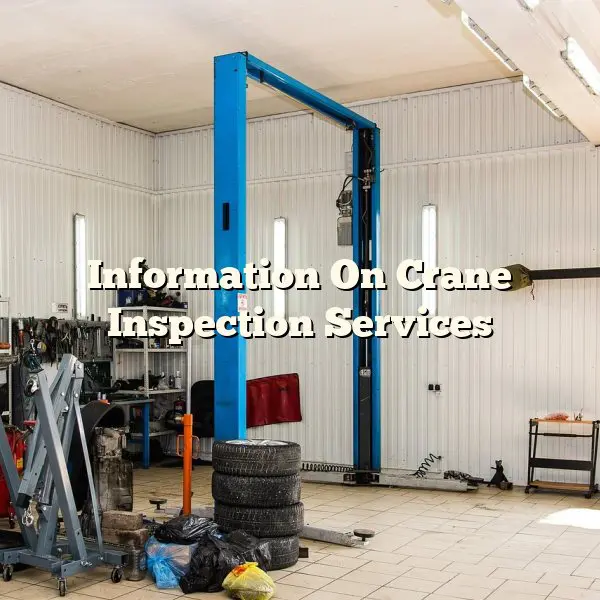Puzzled by the word scope in the context of horses? So was I, before I got to understand what it meant. The only meanings for scope I knew were optical instruments like rifle scopes and telescopes and the extent of an activity or chance.
When horse riders talk of scope, they’re talking about a horse’s fence jumping abilities. A pony is said to be ‘scopey’ when it takes jumps effortlessly.
As you really can understand, scope is invaluable in the show world, especially show jumping. Horse owners, trainers and riders are constantly keeping an eye open for outstandingly scopey horses. They need horses that negotiate the biggest obstacles without raising a sweat. Heights in some classes can surpass 1.60m, therefore the scopier a pony is, the better its chances of returning home with one or two certificates. Gifted, truly scopey horses are rare, and can be particularly expensive. Great equine athletes are easily as rare as great human ones. A human Sotomayor comes along once in a lifetime or 2, and so does an equine Genuine. Both are fantastically scopey.
Get one thing straight, though. Not all horses are scopey to the same extent. Not all horses are of Olympic class in their gifts. You can make judgments on a horse’s scopiness only in the context of its classes of competition. You could be referring to a pony that has established a name for being scopey in children’s jumpers without quite having the talent to move further. Everything is relative.
Nevertheless scope is one of the pre-requisites for good jumpers. They also need to exercise due care. A pony that exercises due care is a horse that makes an attempt to jump cleanly, without hitting the jumps. Scope without care is like speed without direction, something like a disaster waiting to happen. The converse holds good, of course: care without scope is like direction without speed. You won’t be getting anywhere.
Horses are Heather Toms passion and she enjoys sharing her
extensive knowledge through her 100s of articles with other horse lovers go here



